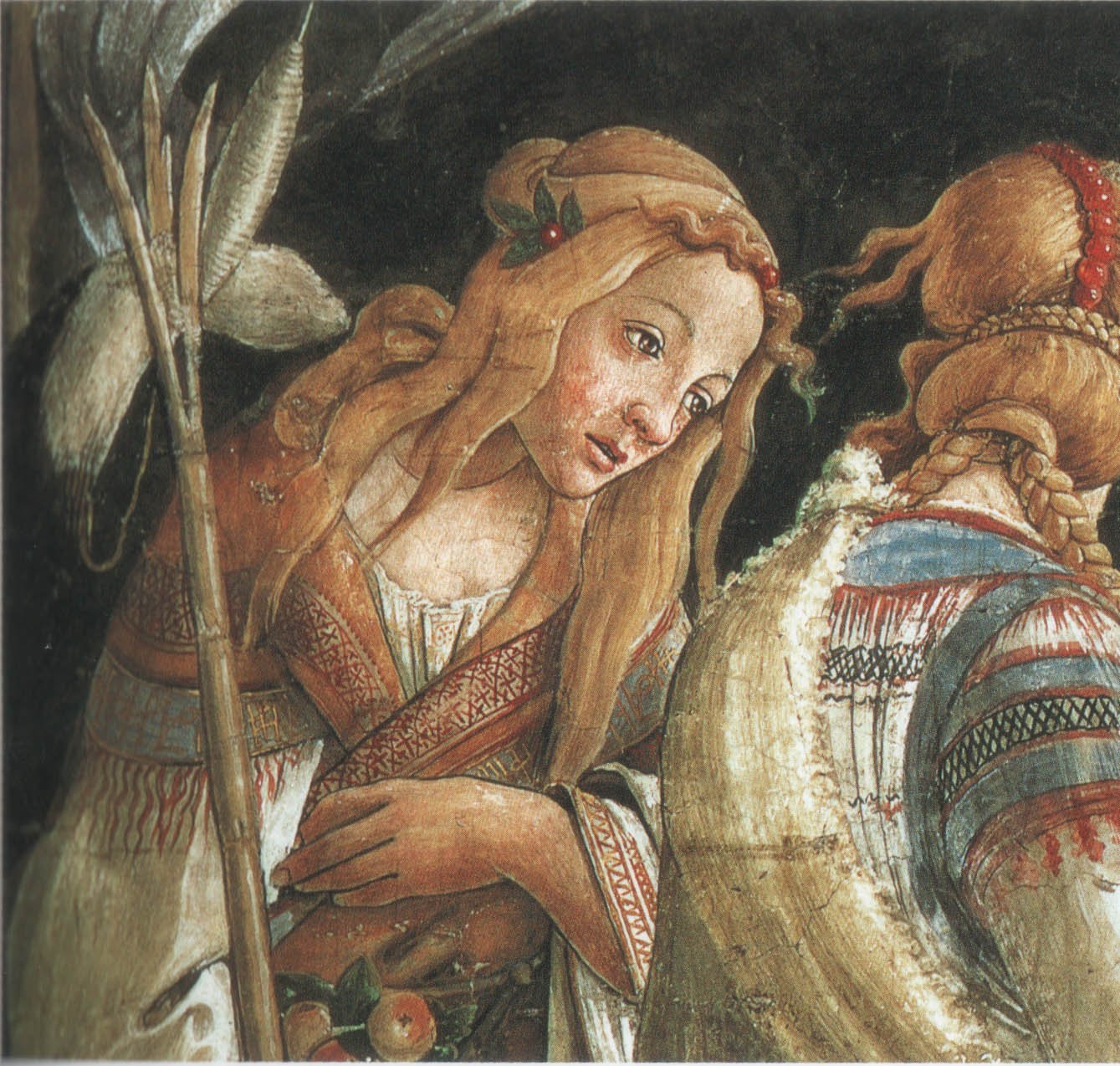
Marcel Proust, Du Côté de chez Swann
À la Recherche du temps perdu, book 1/7
This is the beginning of À la Recherche du temps perdu. It is a voice at first, a sleepy voice, lost in the limbo of slumber and in the vague impressions of waking. Perceptions are blurred, fumbling, bedrooms multiply. Soon, it is the bedroom of his childhood that reappears, the one of the family home of Aunt Léonie in the village of Combray. But these memories are buried under layers of time that are difficult to dig up and grasp. The narrator persists in what is already emerging as his Recherche, a static epic that emerges from laying in his bed! It is the madeleine soaked in tea that triggers the real upheaval of involuntary memory, that of forgotten but still present memories, hidden by habit and the inexorable passage of time. Combray reappears in all its luminous colors: it is the walks on the ways to Méséglise and to Guermantes, the first aesthetic emotions, his first readings, the sound of the bell announcing Swann's arrival, the grandparents, Aunt Léonie, Françoise who slaughters a chicken, a whole gallery of portraits of neighbors and acquaintances, and, of course, his mother's kiss at bedtime. Lost time is already regained somehow, but the adventure has just begun.
The second part of the book is Un Amour de Swann. The narrator, who is absent from this story, relates events that took place before his birth. In the 1870s in Paris, Charles Swann is a worldly aesthete who rubs shoulders with princes and duchesses and frequents the most prestigious salons in the capital. A seductive and wealthy man, he falls in love with Odette de Crécy, a courtesan who introduces him into the so-called “salon” of the Verdurin household who are rich, snobbish and authoritarian bourgeois. This love, inexplicable to many, between a member of the elite of Parisian society and a cocotte with an obscure past, isolates Swann who is soon caught in the net of an all-consuming and obsessive passion. If this story foreshadows the narrator's future love for Albertine, it also unfolds the themes and threads of the rest of the work: jealousy, the passage of time, truth, the infinite meanderings of subjectivity, art and memory.
The last part of the book is In Nom de pays : le nom, the narrator picks up the thread of his story left aside since the evocation of his memories of Combray. We find this double voice, that of the past and that of the present, which are interposed and intertwined in the flow of new memories; the narrator also elaborates a theory on the difference between words and things, between objective reality and subjective power. The writer's work has already begun and this little chapter is like an introduction to what is to come, the next volume: À l'ombre des jeunes filles en fleurs.